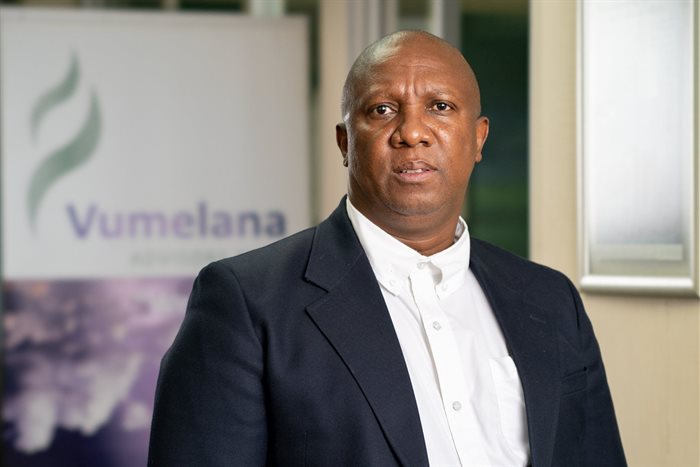
This will ensure that the beneficiaries of the land reform programme hold secure land and water-use rights and can fully exercise these rights for the sustainable development of restored land, says Setou. He points to a number of farms that were transferred to land reform beneficiaries without water rights, with these rights still remaining with the previous landowner.
“This has contributed to failure of projects, particularly for communities who had planned to run projects where water access and availability was a prerequisite. This has highlighted the importance of improving synchronisation between land allocation and access to water use rights at the point of transfer to ensure productive use of the land. Land reform beneficiaries who are allocated land without being made aware of how to access and exercise the water-use rights are essentially set up for failure,” says Setou.
To give effect to this, Setou says beneficiary communities should be provided with support, including access to working capital as they need to pay for water usage once these rights are granted.
“The general lack of information on water-use rights and how to apply for these remains one of the challenges many communities in land reform face. Many beneficiaries are unaware of the legislative framework governing water use as this information is not readily available. We need to find better ways of educating them about the water-use rights dispensation, how to apply for this and how to efficiently exercise these rights,” says Setou.
Access to water is a human rights issue and this has found expression in the Bill of Rights of our Constitution, he says, and the state has a legal obligation, in line with section 27 of the Constitution, to take reasonable legislative and other measures within its available resources to achieve the progressive realisation of these rights. Whilst government has gone an extra mile to introduce transformative policies, most available water for irrigation largely remains in the hands of the large commercial farming sector. Furthermore, there are backlogs in allocations and licensing, thus falling short of the set targets. Lack of coordination has often been raised as the reason for failure to address these gaps.
“We need better cooperation and collaboration between the Department of Agriculture, Land Reform and Rural Development and the Department of Water and Sanitation in order to close the gaps pertaining to water access and usage to beneficiary communities in the land reform programme. Currently, various departments and agencies tend to work in silos, and this deprives them of the opportunity to get a holistic view in the implementation of national programmes,” says Setou.
He adds: “This has got to go hand in hand with proper monitoring on how the programmes are being implemented. It's not helpful if you don't do proper monitoring because if monitoring is not done regularly and effectively, we will keep repeating the same mistakes. If we do proper monitoring on how the programmes are being implemented, we can all get useful lessons out of previous mistakes and improve on our offerings.”
Setou points out that we need to be cognisant of the many competing demands for water access by various sectors of the economy, which is further exacerbated by the fact that South Africa is a water-scarce country where the annual rainfall is about 470mm. About 80% of this rainfall pours down in only five months of the year.
According to the findings of research led by Professor Adriaan van Niekerk of Stellenbosch University, the volume of water used by irrigated agriculture has been estimated to be between 51% and 63% of total water available. It is further estimated that irrigation is responsible for up to 90% of the production of high-value crops such as potatoes, vegetables and fruit, and 25% to 40% of the production of industrial crops such as sugarcane and cotton.
Setou argues that given the water scarcity, coupled with the impact of climate change and rapid population growth, there is an urgent need to re-evaluate and improve the usage of current water resources. We also need to promote better water governance and implementation of existing legislation and policies. The National Development Plan argues that agriculture is a primary economic activity in rural areas and has the potential to create one million new jobs by 2030. This can be achieved by, amongst others, reviving defunct irrigation schemes in the former homelands and expanding irrigated agriculture. It is further argued that the current 1.5 million hectares under irrigation can be increased by a further 500,000 hectares through efficient use of existing resources.
“There is an opportunity to develop and improve upon smart technologies, particularly in the irrigation space, that will ensure that commercial and smallholding farmers can use water more effectively. We also need to look at other areas, such as desalination, as a potential way to source water supplies. South Africa is surrounded by an expansive coastline and therefore we need to develop cost-efficient solutions that will enable us to harness these vast water reserves to mitigate the challenges we are facing around water availability,” Setou concludes.